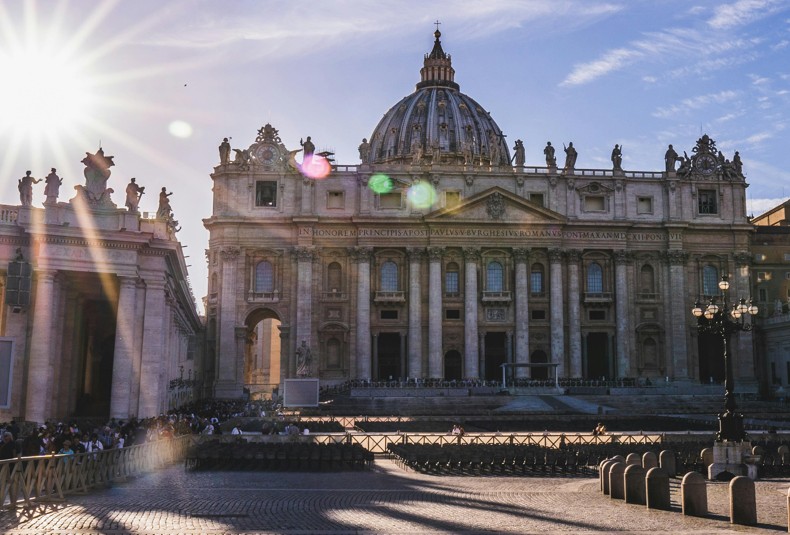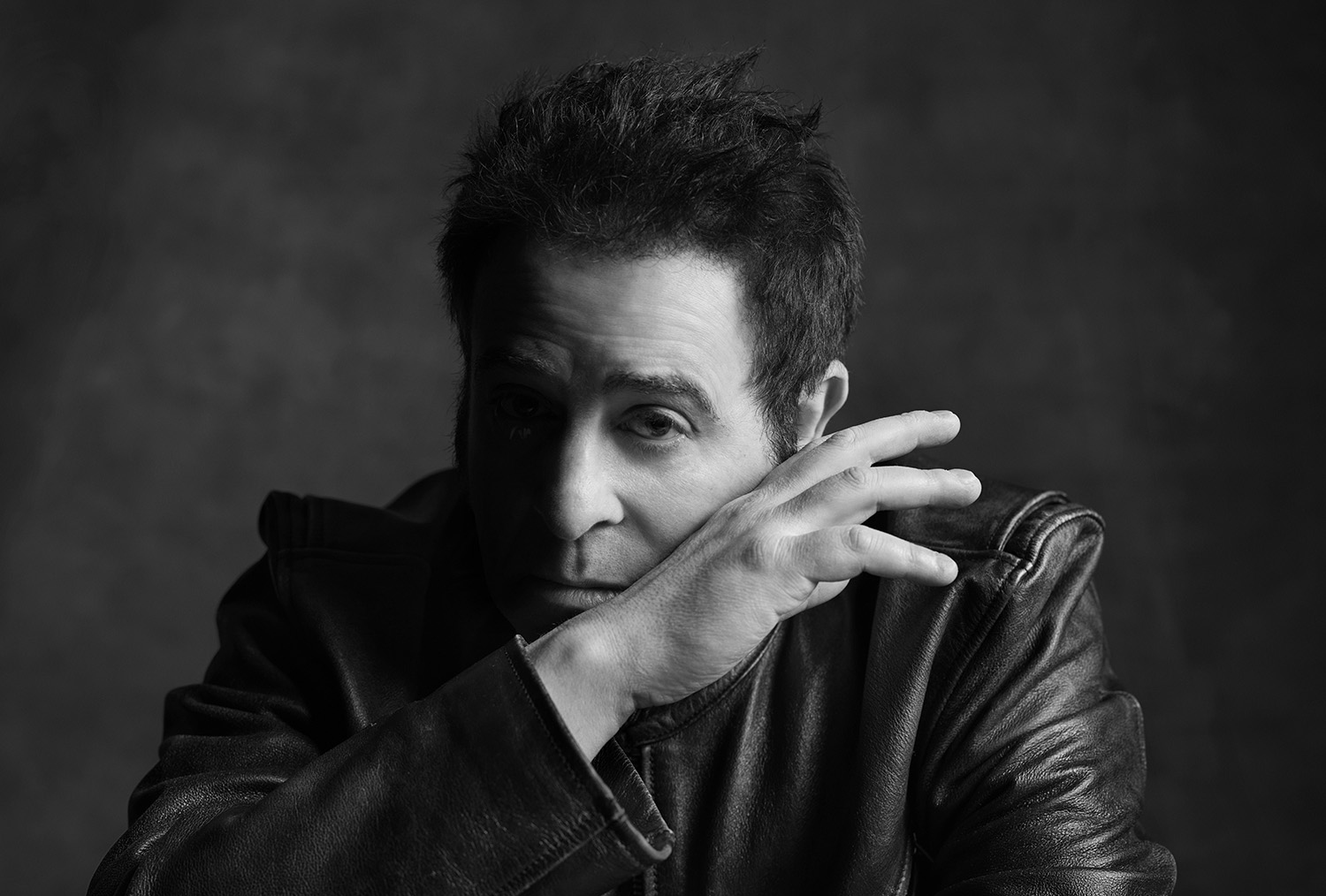CULTURE
Crossroads Cafe: Blood Cultures Talks Rebirth, Ascension, and Their New Album “LUNO”
28 May, 21

If some of the images in Blood Cultures’s music videos look familiar, perhaps it’s because they’re drawn directly from the collective unconscious.
Carl Jung defined the collective unconscious as a deeply buried part of the subconscious mind that is not shaped by experience, but rather is shared by all humans. According to Jung, the collective unconscious shapes many of our beliefs — from sexuality to spirituality — and is embedded with images known as archetypes that are passed down from generation to generation.
These images, which include birth, death, rebirth, the hero, and the child, appear over and over again throughout Blood Cultures’s music videos, and they inform his album LUNO, out today. Jung’s work was a major inspiration on the album, along with Joseph Campbell’s Hero’s Journey and a myriad of other forces we discussed in a mind-opening interview released on Crossroads Cafe today.
9: Blood Cultures On the Shadow Self, Cults, Ascension, and Rebirth
According to Blood Cultures, who chooses to remain anonymous, the album was and is, in large part, an exercise in facing the shadow self. Carl Jung believed that in order to achieve some form of wholeness, hidden parts of the self must be brought into consciousness. This process, which ultimately aims to create a whole out of the conscious and unconscious minds, is typically guided by the appearance of archetypes.
With his album, Blood Cultures is embarking on a journey to do exactly that. The album explores gender roles and critiques toxic masculinity, aiming for a more fluid perception of gender. The videos explore the process of masking the self — in “Set It on Fire,” two characters wearing bags over their heads fire guns into a forest — and eventually facing one’s inner demons, a process explored in “Keeps Bringing Me Back.”
Blood Cultures – Keeps Bringing Me Back (Official Music Video)www.youtube.com
“Look where you don’t want to, it’s there that you will find the answers you don’t want you, but need to change your mind,” he sings on “Beneath the Moon & Me.” It’s profound wisdom that can apply both to the individual self and to the wider world, both of which can run on harmful autopilots unless darker truths are faced.
Blood Cultures – Beneath the Moon & Me (Official Music Video)www.youtube.com
For example, childhood traumas can lead a person to perpetuate harm to others unless those traumas are directly faced. On a larger scale, racial justice educators often emphasize the fact that whiteness perpetuates white supremacy unless white supremacist beliefs and structures are directly addressed.
If ignored or buried, white supremacy will pervade even the most well-meaning white person’s actions; the same can go for deeply embedded beliefs about gender, social and economic progress, and much more.
Of course, facing those truths is a journey in itself — a hero’s journey, perhaps, and one that Blood Cultures embarks on throughout the immersive and brilliant project that is LUNO, weaving cultish imagery and a labyrinthine multimedia maze into his work.
Drawing inspiration everywhere, from the Heaven’s Gate suicide cult to the meta narratives of Dan Harmon, LUNO tells an ancient story in a way that perhaps no one ever has before. Musically, the album feels like the Weeknd’s music as if it were refracted through a super 8 camera and sent into a Stranger Things-esque Upside Down. It’s heady electronic alternative with just enough psychedelic loopholes to let some clear moments of melancholy and genuine hopefulness seep in.
With LUNO, inspired in part by the past year’s racial justice protests, Blood Cultures chose to reveal the fact that he is Pakistani-American to the world. He also chose to feature images showing someone wearing a suit and a burqa — two images that symbolize various forms of tradition and oppression in different parts of the world and that together embody a radical wholeness, as well as a kind of splintering.
All of LUNO feels predicated on this endeavor: splintering the ways of the old world to open portals to new ones. We talked about all this and much more on the latest episode of Crossroads Cafe. Listen to the album and read the transcript of the interview below.












